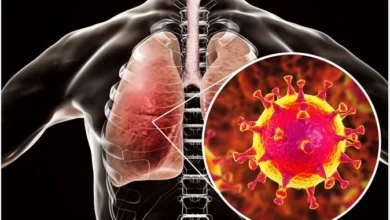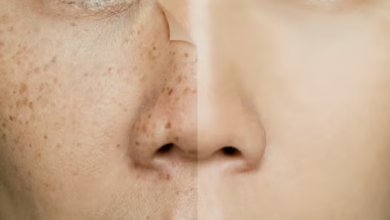How To Cure Vitamin A Deficiency

Vitamin A is an essential nutrient that plays a crucial role in maintaining vision, immune function, and skin health. A deficiency in vitamin A can lead to various health problems, including impaired vision, immune dysfunction, and an increased risk of infections. Here are some ways to cure vitamin A deficiency
There are two types of vitamin A: preformed vitamin A (retinoids) found in animal sources, and provitamin A carotenoids found in plant sources. Here are some common sources of both type
1. Preformed vitamin A (retinoids):
- Liver (beef, chicken, pork, fish)
- Egg yolks
- Dairy products (milk, cheese, yogurt)
- Cod liver oil
- carrot
- Butter
2. Provitamin A carotenoids:
- Dark green leafy vegetables (spinach, kale, collard greens)
- Orange and yellow vegetables (carrots, sweet potatoes, pumpkin, butternut squash)
- Fruits (mangoes, apricots, papayas, cantaloupe)
- Some types of algae (spirulina)
IPreformed vitamin A, also known as retinoids, are a type of vitamin A that is found in animal sources. They include retinol, retinal, and retinoic acid, which are all active forms of vitamin A that the body can readily use.
Vitamin A deficiency diseases and their treatment
1. Night Blindness
Night blindness is one of the earliest signs of vitamin A deficiency. It is a condition in which a person has difficulty seeing in low light or at night. The treatment for night blindness involves increasing the intake of vitamin A through diet or supplements.
2. Xerophthalmia
Xerophthalmia is a condition that occurs when the eye’s conjunctiva and cornea become dry and inflamed due to vitamin A deficiency. The treatment for xerophthalmia involves high doses of vitamin A supplements administered orally or by injection.
3. Bitot’s Spots
Bitot’s spots are small, white, foamy spots that appear on the conjunctiva of the eye. They are a sign of severe vitamin A deficiency. The treatment for Bitot’s spots involves high doses of vitamin A supplements administered orally or by injection.
4. Keratomalacia
Keratomalacia is a condition that occurs when the cornea of the eye becomes soft and cloudy due to vitamin A deficiency. The treatment for keratomalacia involves high doses of vitamin A supplements administered orally or by injection.
Symptoms of Vitamin A
Vitamin A is an essential nutrient that plays an important role in maintaining healthy vision, immune function, skin health, and other bodily functions. However, consuming too much vitamin A can lead to toxicity, which can cause a range of symptoms.
Symptoms of vitamin A toxicity can include:
1. Nausea
2. Vomiting
3. Dizziness
3. Blurred vision
4. Headaches
5. Muscle and joint pain
6. Loss of appetite
7. Hair loss
8. Dry, itchy skin
9. Bone abnormalities
10. Weakness and fatigue



